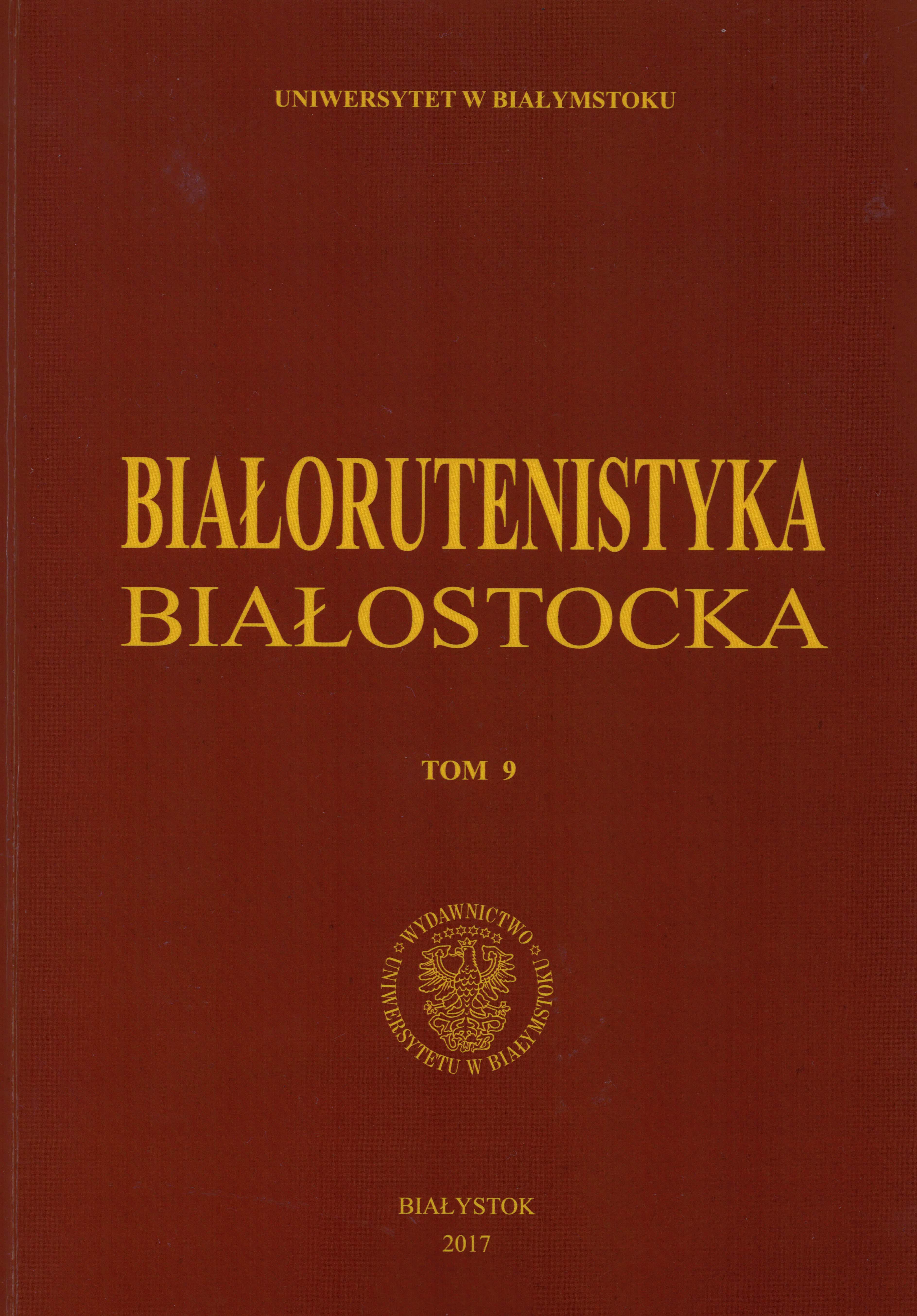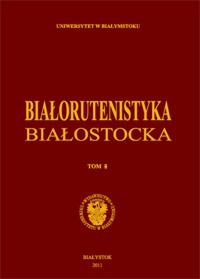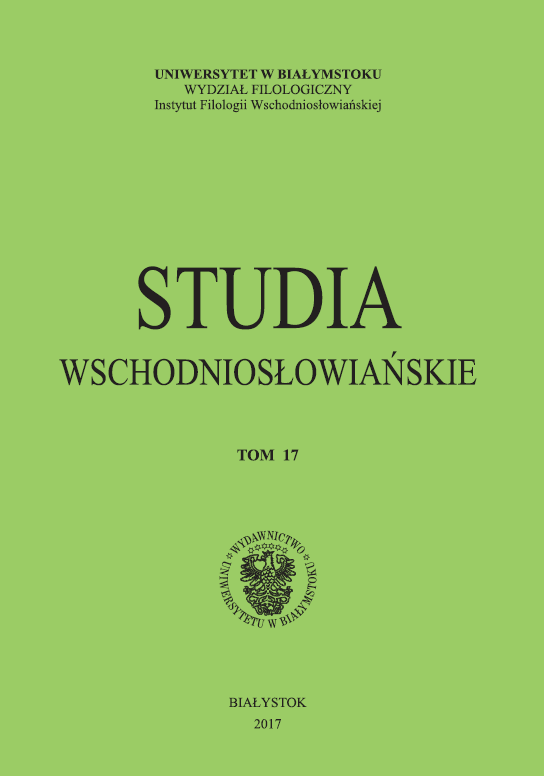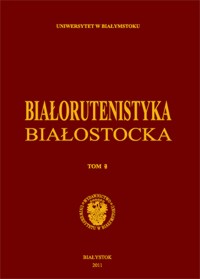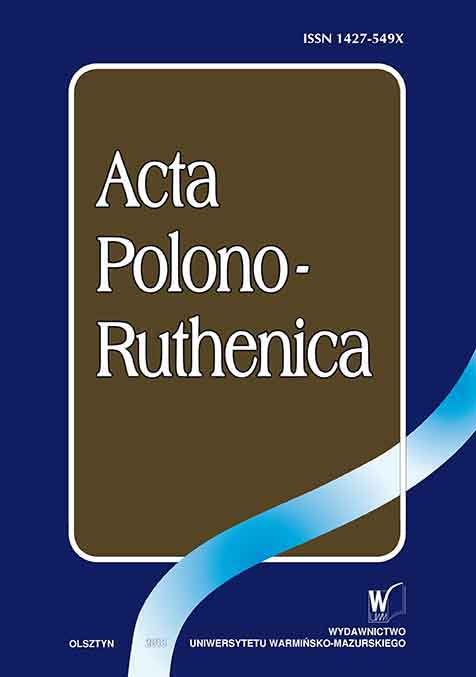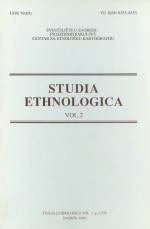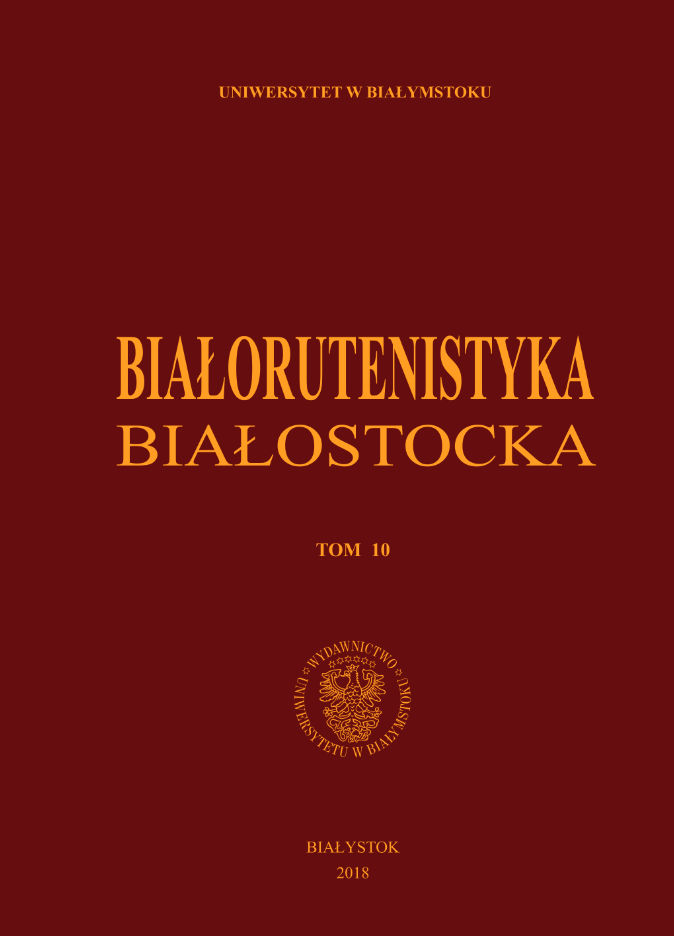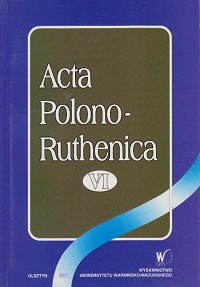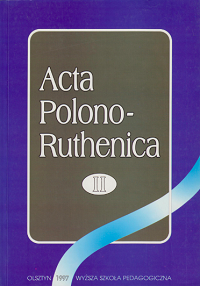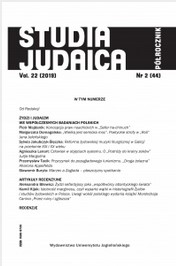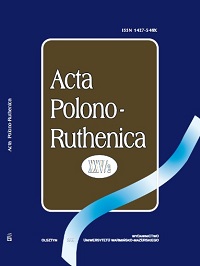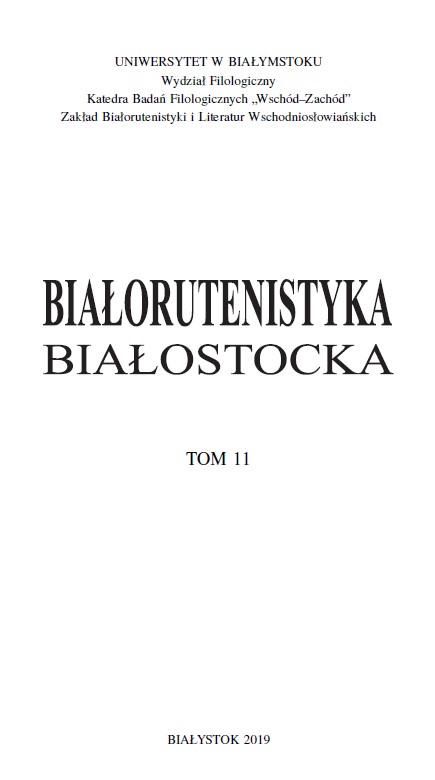Author(s): Vitomir Belaj / Language(s): Croatian
Issue: 2/1990
In der vorliegenden Studie wurde gezeigt daß die Weißrussische, Russische und Mordwinische Überlieferung von der Einladung an Gott (Bog, Dobro, Raj, Sparyš, Škaj-paz), das Haus zu besuchen, mit der lettischen Überlieferung vom mythischen Helden Jumis, der in der Erntezeit durch sein Treiben eine reiche Ernte sichern soll, eine Einheit bildet Ebenso wurde auf die auffallende Parallelität mit dem von R. Katičić rekonstruierten urslawischen Mythus vom Ins-Land-Kommen des (grünen) Georg hingewiesen und eine mögliche Interpretation des mythischen Inhalts des auf den Ackerbau bezogenen Zyklus der slavischen folkloristischen Überlieferungen dargeboten. Es erschließt sich eine dramatische Biographie eines mytischen Helden (Sohn des Donnergottes) die von seiner Geburt am Jahresanfang (als Božić, "kleiner Gott") als der von den Seelen der Verstorbenen (der maskierten Umzügler, koledari) in das immergrüne Reich jenseits des Meeres entführt wird, Uber seine Rückkehr im Frühling als Juraj/ Jarylo der, unerkannt, seine Zwillingsschwester Mara ehelicht, weiter über seine Untreue und die Rache die ihn erreicht (nun als Ivan, Ivo ), über sein Treiben am Feld und die Heimbringung in Form der letzten Garbe oder des Erntekranzes (Sparyš, Jumis) bis zu seinem letzten Erscheinen am Jahresende als der alte Großvater (dedo, did, diduh ) der im Feuer verbrannt wird, hinreicht.
More...
